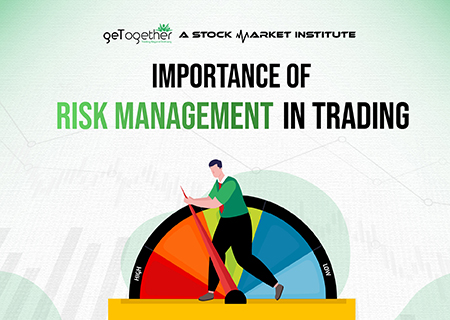The Long-Term Importance of Risk Management in Building Business Advantage
The Long-Term Importance of Risk Management in Building Business Advantage
Blog Article
The Relevance of Understanding the Value of Risk Management in Various Industries

The Core Idea of Risk Management and Its Purpose
Risk Management, the cornerstone of many sectors, pivots on the recognition, examination, and reduction of unpredictabilities in a service environment. By correctly recognizing prospective dangers, businesses can develop methods to either prevent these threats from happening or lessen their impact. As soon as risks have actually been identified and examined, the reduction process includes devising approaches to decrease their possible impact.
Benefits of Applying Risk Management in Service Operations

Revealing the Role of Risk Management in Different Industries
While every sector confronts its one-of-a-kind set of risks, the execution of Risk Management approaches stays a typical in their pursuit of sustainability and growth. In the health care market, Risk Management involves making certain individual safety and security and data security, while in money, it involves mitigating financial investment threats and making certain regulative compliance (importance of risk management). Building and construction business concentrate on worker security, task hold-ups, and spending plan overruns. In the modern technology industry, business alleviate cybersecurity risks and modern technology obsolescence. other Ultimately, the duty of Risk Management across sectors is to recognize, evaluate, and mitigate risks. It is an essential part of tactical planning, allowing organizations to shield their possessions, make best use of possibilities, and attain their goals.
Real-life Situation Studies Showing Effective Risk Management
To understand the importance of Risk Management in these numerous industries, one can look to several real-life instances that show the effective application of these steps. Toyota, publish the 2011 earthquake in Japan, modified click to read more its supply chain Management to decrease interruption dangers. These situations show exactly how industries, learning from situations, efficiently used Risk Management methods to reduce future threats.
Future Trends and Advancements in Risk Management Approaches
Cybersecurity, as soon as a peripheral issue, has actually catapulted to the center of Risk Management, with strategies concentrating on discovery, avoidance, and feedback. The assimilation of ESG (Environmental, Social, Governance) elements into Risk Management is another expanding pattern, mirroring the enhancing acknowledgment of the duty that ecological and social threats play in service sustainability. Hence, the future of Risk Management exists in the fusion of advanced modern technology, cutting-edge approaches, and an alternative technique.
Conclusion
In final thought, comprehending the relevance of Risk Management across i loved this a spectrum of markets is vital for their longevity and success. Inevitably, effective Risk Management adds to a lot more durable and lasting companies, highlighting the value of this technique in today's dynamic and very affordable service setting.
While every market faces its unique collection of dangers, the application of Risk Management approaches stays a typical in their quest of sustainability and growth. In the healthcare industry, Risk Management requires guaranteeing person safety and security and data security, while in money, it involves mitigating financial investment threats and guaranteeing regulative conformity. Eventually, the function of Risk Management throughout industries is to determine, analyze, and reduce threats. These cases demonstrate exactly how industries, discovering from situations, effectively applied Risk Management strategies to reduce future risks.

Report this page